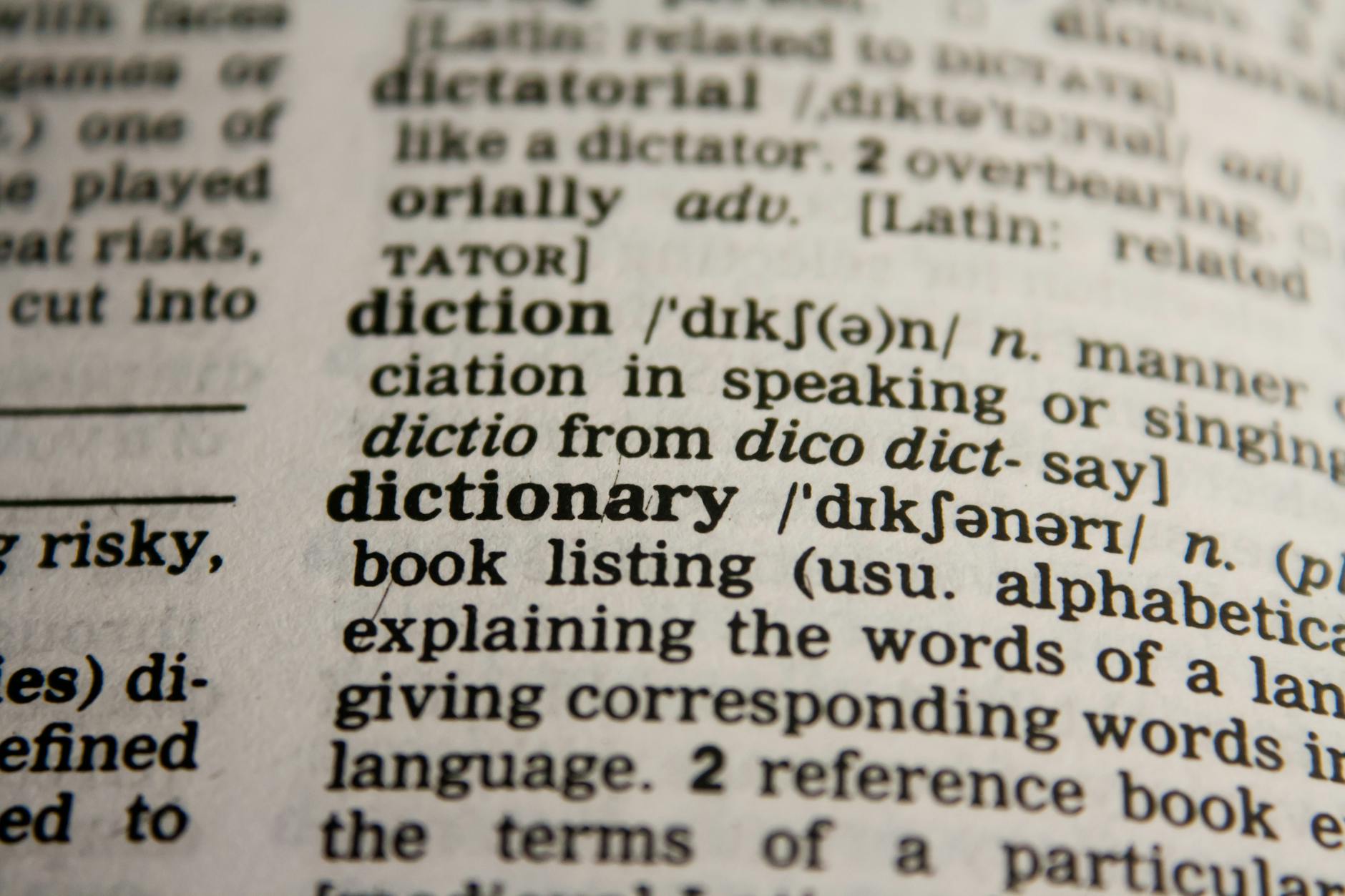What is vocabulary acquisition strategies?
What is vocabulary acquisition strategies?
Understanding vocabulary acquisition is essential for anyone eager to enhance their language skills. Whether you’re a student, a professional, or someone keen on personal development, mastering vocabulary acquisition strategies can significantly boost your communication skills and overall effectiveness in learning. In this article, I’ll explore what vocabulary acquisition entails, its various aspects, and practical strategies to improve your vocabulary.
Understanding Vocabulary Acquisition
Vocabulary acquisition refers to the process of learning and adopting new words and their meanings. This process is crucial for effective communication, as our vocabulary influences how we express ourselves and understand others. A robust vocabulary not only enriches our conversations but also enhances our reading comprehension and writing skills. By focusing on vocabulary acquisition, we take a significant step toward becoming more articulate and knowledgeable individuals.
Types of Vocabulary
There are two primary types of vocabulary that play roles in language learning: receptive vocabulary and productive vocabulary.
- Receptive vocabulary includes words we understand when we hear or read them. This is the vocabulary we recognize but may not use in our speech or writing.
- Productive vocabulary, on the other hand, consists of words we actively use in our communication. This includes the words we choose when speaking or writing.
Understanding these types can help tailor your learning strategies to enhance both recognition and usage of vocabulary.
The Process of Vocabulary Acquisition
The journey of vocabulary acquisition typically involves several stages:
Initial Exposure: This is when you first encounter a new word, often through reading, conversation, or media. It’s like seeing a new friend at a party—familiar but not yet known.
Integration: After exposure, the goal is to integrate that word into your daily use. This might involve using the word in sentences, writing it down, or even teaching it to someone else.
Reinforcement: Regularly revisiting and using newly learned words helps cement them in your memory. Think of it as watering a plant; consistent care promotes growth.
Effective Vocabulary Acquisition Strategies
Now that we have a foundation, let’s explore various strategies that can enhance vocabulary learning.
Contextual Learning
Learning new words in context is one of the most effective methods for retaining vocabulary. When you encounter a word within a meaningful sentence or scenario, it becomes easier to remember. For example, instead of memorizing a definition, you might learn the word “benevolent” by reading: “The benevolent woman donated her time to the local shelter.” This situational context anchors the word in your memory.
Use of Technology
In today’s digital age, technology plays a significant role in vocabulary acquisition. There are countless apps and online resources designed to help users learn new words through interactive methods. Tools like Quizlet or Anki allow for personalized flashcards and repetition, enhancing memory retention. Additionally, resources like Flocabulary offer creative ways to learn vocabulary through music and rhyme, making the process enjoyable.
Active Engagement Techniques
Engaging with vocabulary actively can lead to better retention. Here are some techniques:
Flashcards: Create flashcards with the word on one side and its definition or a sentence using it on the other. Regularly test yourself to reinforce learning.
Word Maps: Visual learners can benefit from creating word maps that connect new words with synonyms, antonyms, and contextual sentences.
Games: Incorporating games into your learning, like crossword puzzles or vocabulary bingo, transforms study time into fun. It’s a great way to challenge yourself while enjoying the process.

Photo by Pixabay.
Personalizing Vocabulary Learning
A personalized approach to vocabulary acquisition can make a world of difference. Everyone learns differently, so it’s important to tailor your strategies to suit your unique style.
Identifying Learning Preferences
Start by assessing how you learn best. Are you a visual learner who benefits from images and diagrams? Or do you find auditory learning more effective through listening and speaking? Identifying your learning preferences can guide you in selecting the most effective strategies for vocabulary acquisition.
Creating a Personal Vocabulary Plan
Once you’ve recognized your preferences, develop a personalized vocabulary acquisition plan. Here are steps to create one:
- Set Clear Goals: Determine how many new words you want to learn each week or month.
- Choose Your Resources: Select apps, books, or websites that align with your learning style.
- Schedule Learning Sessions: Dedicate specific times each week for vocabulary practice and stick to it.
- Track Your Progress: Keep a journal of the new words you’ve learned and revisit them regularly.
Measuring Vocabulary Growth
Tracking your progress in vocabulary acquisition is essential for maintaining motivation and ensuring effective learning.
Setting Vocabulary Goals
Establishing achievable vocabulary goals can help you stay focused. For instance, you might aim to learn five new words daily or ten words a week. By setting milestones, you can celebrate small victories along the way, which keeps motivation high.
Using Assessments and Reflections
Regular assessments, such as quizzes or self-reflection exercises, can provide insight into your vocabulary growth. Reflect on which strategies worked best for you and adjust your plan as needed. Understanding your strengths and areas for improvement helps refine your approach.
Conclusion
In summary, vocabulary acquisition strategies are vital for enhancing language skills and effective communication. By understanding the types of vocabulary, applying effective learning strategies, personalizing your approach, and measuring your progress, you can significantly improve your vocabulary.
Implement these strategies, and watch as your confidence in language use grows. Remember, every word learned is a step toward greater understanding and expression. So, what new word will you learn today?